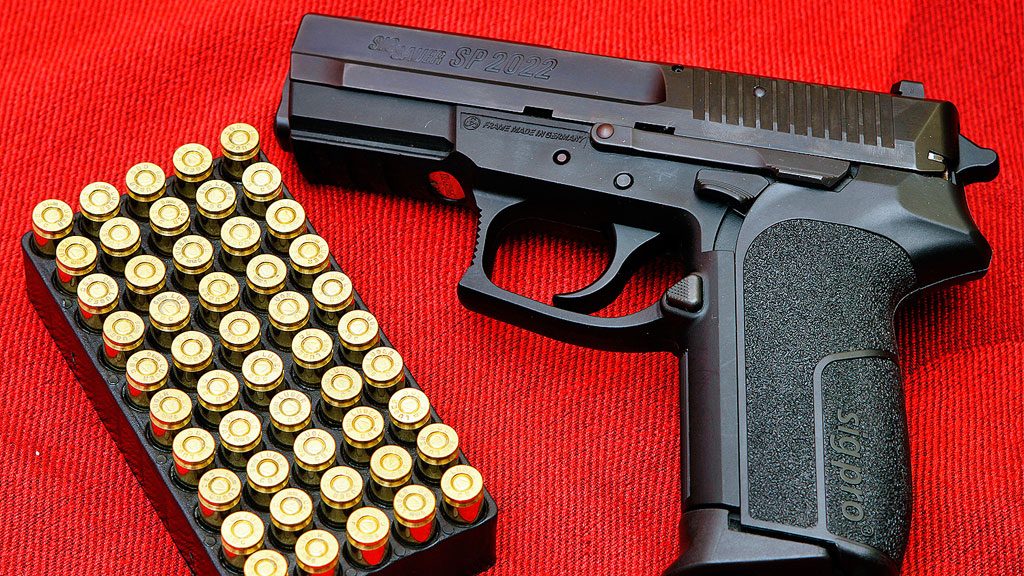On the very day Colombia’s defense minister denied the existence of paramilitary groups, local media reported the assassination of three human and civil rights workers by presumed AUC successors.
A woman who worked for the Association of Farming Workers of Balboa, Cauca, was shot 4 times in the town of Robles in the same province, W Radio quoted the Southwest Colombian Human Rights Network as saying.
The victim was killed in her home, where she ran a small business providing locals with cellphone credit.
While the incident occurred on 30 December 2016, the details were not revealed until Wednesday once the information surrounding the event was clear, according to the coordinator of the organization.
In the rural area of Caloto, also in Cauca, a peasant leader and human rights defender was ambushed by unidentified men, leaving him with three stabs wounds. He died from the sustained injuries shortly after being taken to hospital. The possibility of a robbery was ruled out.
The Cauca region has been especially devastated by such murders, with 16 of the 116 civil rights and human rights activists killed in 2016 coming from the southwestern region.
The growing wave of murders against male and female social leaders and defenders of human rights should put social movements on high alert, and consequently act so as to denounce and counteract the violent action of criminal organizations that operate in these regions, distracting us in the supposed post-conflict. To lower our guard while facing such harsh reality would be fatal. We must act; nobody will defend us except ourselves.
Indigenous leader Feliciano Valencia
On the same day, the vice-president of the Farmer’s Association of Alto Sinu and leader of the Patriotic March activist group was found dead from stab wounds in Carepa, Antioquia, the Patriotic March announced.
The victim was reportedly kidnapped by men travelling in a white truck from Saisa, Cordoba, to a location known as La Petrolera, according to the Agencia Prensa Rural. His body was consequently identified by officials at the Carepa morgue.
The government human rights office “emphatically” condemned the murder, stating that no more Colombians should be killed based on their gender, or political or religious views.
Not one more murder. The killing of social leaders and human rights defenders must stop.
Carepa Human Rights Office
The procession of killings has ignited grave concern from social organizations across Colombia, demanding authorities to capture those responsible. The town councilor and leader of the Farmer’s Association of Balboa, Cauca, stated that a petition must be signed “so that there are more guarantees” for human rights defenders.
The call for a response of the authorities came days after members of the AUC paramilitary group placed a bounty of 5 million pesos on the heads of social rights workers and indigenous leaders in Tolima.
The threat was sent in emails to multiple rights organizations, including the Patriotic March, and signed “AUC,” the paramilitary umbrella organization that officially demobilized between 2003 and 2006.
Now more than ever we have control in this area, freeing it of guerrillas and communists. For this reason we are offering 5 million pesos for the heads of… guerrillas, terrorists and communists who have done so much harm to Tolima and our country.
United Self-Defense Forces of Colombia (AUC)
While human rights organizations called on authorities to act against the post-AUC groups, Colombia’s Defense Minister Luis Carlos Villegas sustained on Wednesday that “there are no paramilitary groups in Colombia.”
According to the minister, recognizing drug trafficking organizations as paramilitaries, who have fought guerrillas and assassinated thousands considered too leftist for decades, would grant them political status.
However, as the defense minister denied the existence of paramilitary groups, police told newspaper El Colombiano that the largest of AUC successor groups, the Gaitanista Self-Defense Forces of Colombia (AGC), a.k.a. Los Urabeños, has grown from 250 members in 2008 to “no more than” 3,000 early this year, making it the country’s largest illegal armed group, the primary suspect in many of the killings of civil and human rights leaders and the #1 drug trafficking organization in Colombia.


